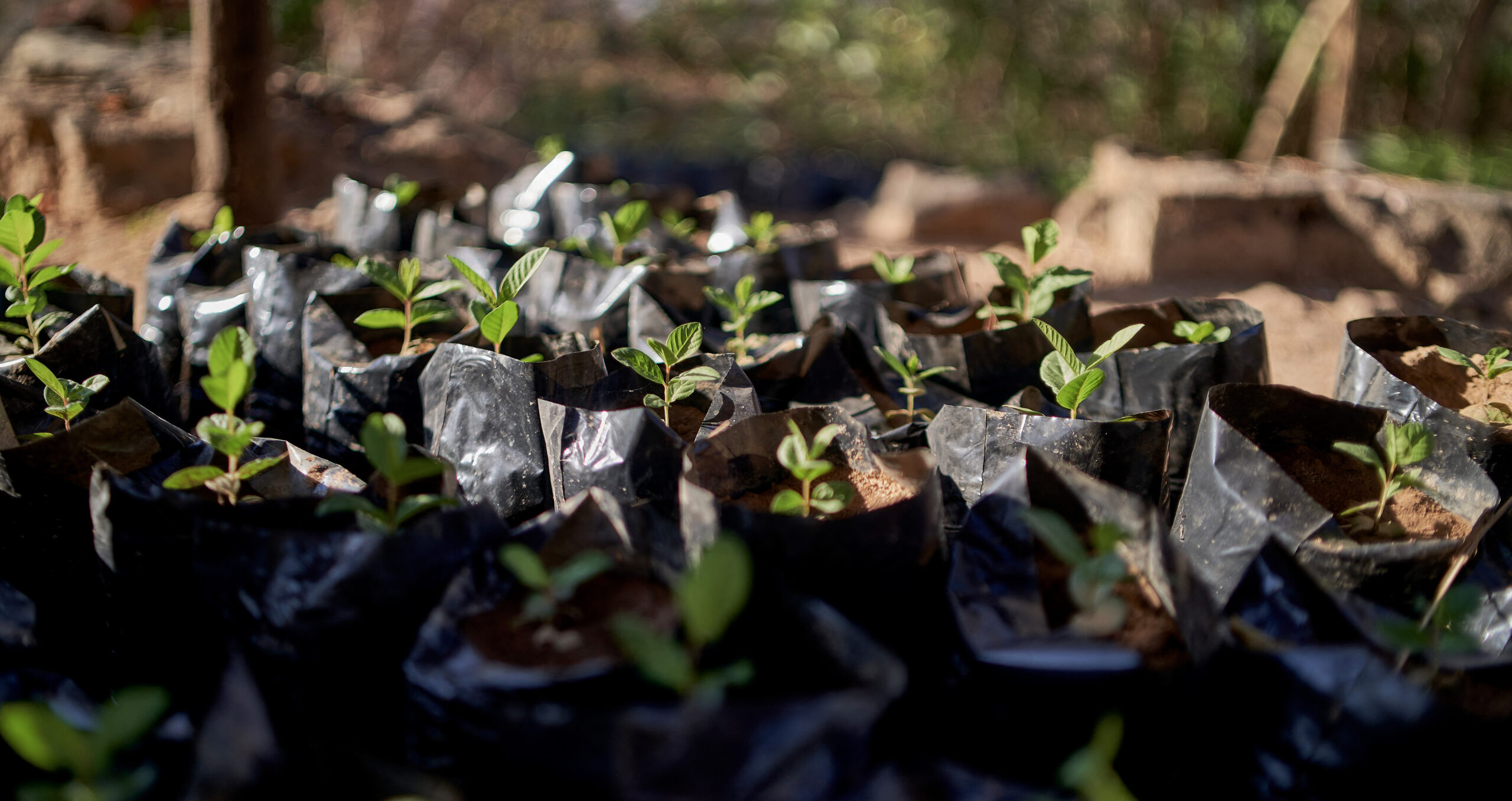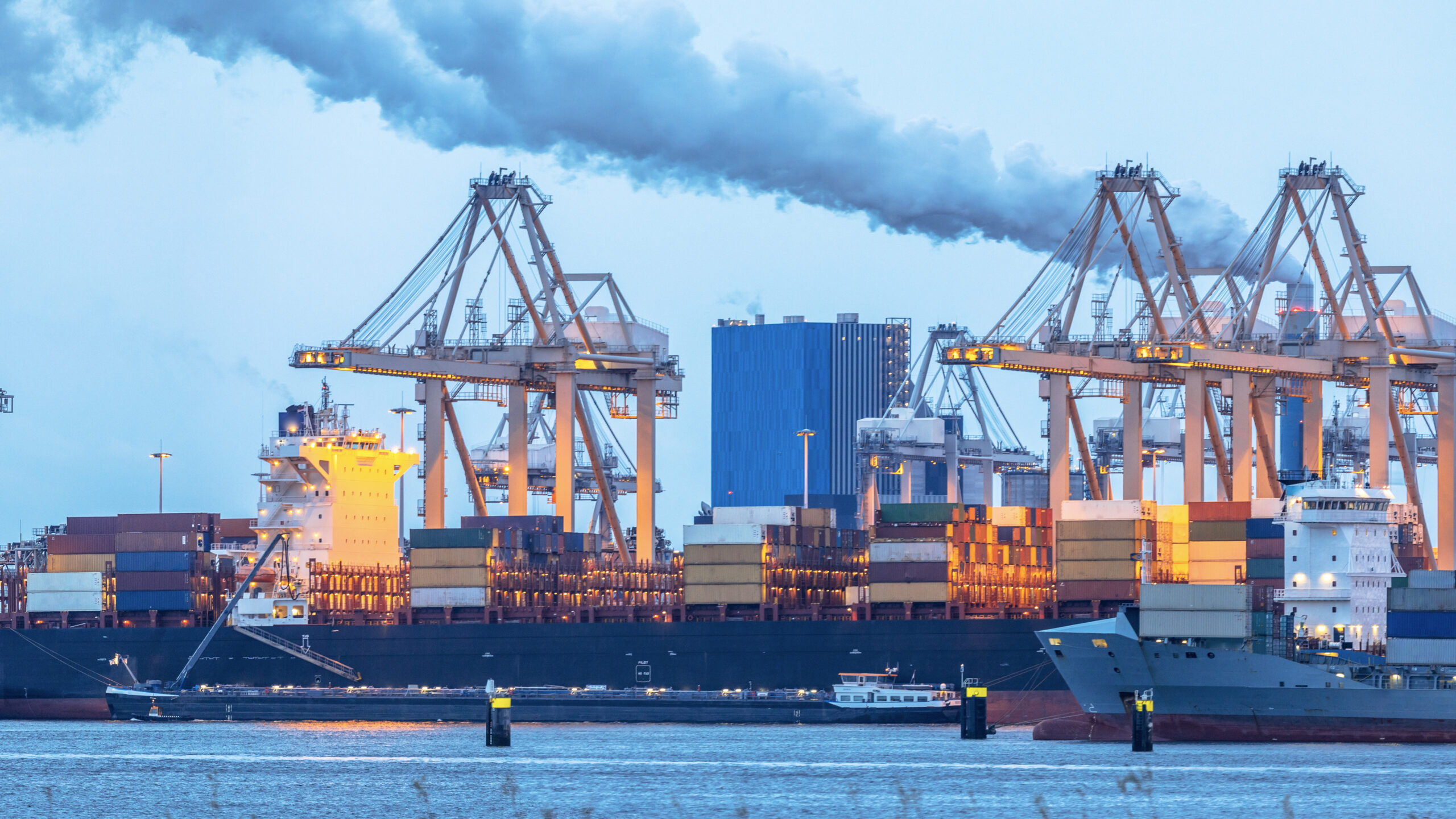
South Pole exits troubled Kariba carbon project over quality concerns

Carbon offsets giant South Pole has terminated its partnership with Carbon Green Investments, the owner of a forest project in Zimbabwe
South Pole has parted ways with the manager of a landmark forest carbon project over concerns about the quality of the venture, in a move that has prompted a carbon ratings agency to downgrade its rating of the project and left experts warning of broader consequences for carbon markets.
The carbon credits developer has previously claimed that the venture has helped “to keep a vast area of forest intact by generating credits to be sold in an often volatile carbon credit market”. But concerns have been raised over the quality of the project, prompting carbon ratings agency BeZero Carbon to review, downgrade and eventually remove Kariba from its coverage.
South Pole has been involved with the Kariba project in Zimbabwe since 2010. As of January, the project had sold 23.8mn carbon credits worth about $100mn, according to the company.
The project has come under increasing scrutiny this year. A Bloomberg investigation suggested that most of Kariba’s proceeds have gone to South Pole and Carbon Green Investments, the Guernsey-domiciled manager of Kariba, instead of being paid to people working against deforestation. The project has been accused of over-issuing carbon credits.
“We’ve known about some of the systematic issues with over-crediting for a while,” said Jess Roberts, vice-president of ratings at carbon credit rating platform Sylvera.
South Pole hit out at Bloomberg’s reporting, which cited concerns from experts that South Pole and CGI have overestimated the positive impact of the Kariba project. South Pole chief executive Renat Heuberger denied there had been an over-issuance of credits and claimed that CGI and local communities had received the majority of Kariba’s proceeds.
But on October 27, South Pole announced that it had terminated its relationship with CGI.
“We are not confident that the project meets the high standards we expect from our partners all over the world,” a South Pole spokesperson said at the time. “It is with great sadness that we have come to this conclusion, since we also believe that the Kariba REDD+ project sought to bring benefits both to the communities it supports and the forest and biodiversity it protects.”
South Pole said that the project had been verified on multiple occasions by Verra, a leading certifier of the quality of carbon credits. “We are disappointed with aspects of how the project was managed on the ground by the project owner,” it said. South Pole declined to provide any further statements. CGI has been contacted for comment.
“This example shows the critical importance of applying greater scientific rigour when approving projects,” said Lukas May, head of expansion and policy at carbon removal registry Isometric.
“The role of a registry is to ensure credits can be totally trusted,” he continued. “That didn’t happen here.”
In response to South Pole’s announcement, Verra said in a statement that “Kariba is an unprecedented situation featuring a shocking amount of alleged malfeasance”.
Carbon removal uncertainty
Voluntary carbon markets, which offer carbon emitters a way to offset their emissions by buying credits from carbon-reduction projects, have undergone a tumultuous period of late.
A joint investigation in early 2023 by The Guardian, Die Zeit and SourceMaterial analysed “a significant proportion” of projects certified by Verra and found that 90 per cent of rainforest credits do not amount to actual carbon reductions.
“We don’t issue credits for avoided deforestation projects because of the inherent uncertainty in assessing whether they have really resulted in a long-lasting removal of carbon from the atmosphere,” May said.
Industry bodies such as the Integrity Council for the Voluntary Carbon Market are working to raise standards in VCMs, while European and US regulators are starting to propose tougher rules over the use of credits. But South Pole’s split from CGI represents the latest kick in the teeth for VCMs.
Tommy Ricketts, chief executive at BeZero Carbon, believes the project was driven by good intentions. “To go into [former President Robert] Mugabe’s Zimbabwe and try to do something to protect conservation in a market which was very nascent — the ambition was pioneering,” he said.
Kariba is a so-called REDD+ project. These types of projects follow a UN framework to channel carbon finance towards activities that cut emissions linked to deforestation and promote the sustainability of forests. They differ from REDD projects, which target cutting emissions from deforestation and forest degradation in developing nations, as well as focusing on forest management and carbon stocks.
At the close of 2022, REDD+ activities carried out by developing countries covered a forest area of around 1.35bn hectares, according to the UN, equating to 62 per cent of the land covered by forests in developing countries and approximately three-quarters of areas affected by deforestation globally.
The Warsaw Framework for REDD+, adopted at the 2013 UN climate conference, COP19, set out guidance for building and financing REDD+ activities, and is credited by the UN with mobilising “significant resources for REDD+ implementation”.
South Pole has said it will now conduct internal baseline monitoring of REDD+ projects every three years, which it pointed out was more frequent than Verra’s current requirement of monitoring every six years. This replaced an expectation of monitoring every 10 years.
The 10-year monitoring period “was the single biggest mistake about this whole project”, said Ricketts.
“Obviously, a bunch of scientific estimates 10 years ago — the error range just gets bigger and bigger and bigger,” he added.
Buffer pools
Verra launched an investigation into the Kariba project following an article by the New Yorker, which brought new information to light for the credits certifier. “The project, and any further credit issuances, will remain on hold until Verra completes the investigation,” it said in its statement.
Further, Verra rejected Bloomberg’s reporting over the potential impact of fallout from Kariba on its buffer pool. As a safeguard against the reversal of emissions reduction caused by extreme weather such as wildfires and drought, carbon-credit certifiers including Verra hold credit reserves to draw upon, known as buffer pools.
Verra said: “Even adding up the total number of credits issued by Kariba since its inception is far less than the total buffer pool. It is noteworthy that the buffer pool can handle even this unique and extraordinary situation.”
But non-profit Carbon Market Watch policy director Sam Van den plas told Sustainable Views that owing to Kariba’s sheer size, “it will have serious implications on Verra’s buffer pool”.
“You can maybe do this once or twice,” he said. “If this happens four, five or six times, then those buffer pools will not be enough to deal with such problems, and then it really leads to a climate problem, because then the credits are sold and you don’t have any way to make up for the lack of environmental integrity.”
Sylvera’s Roberts said that the buffer pool is “probably undersupplied”.
“We want to see more robust calculations of the amount of credits that projects assign to the buffer pool,” she said.
“It’s not irrecoverable. I think structurally it means projects will be expected to contribute more to the buffer pool going forwards if it’s considered that there are higher risks associated with these projects than before.”
‘Unprecedented reversal risk’
On October 31, BeZero announced that it had downgraded Kariba to D from triple B and removed it from its coverage. The agency placed Kariba on a “rating watch” in January 2023 after South Pole suspended its sale of credits.
BeZero acknowledged at the time that Kariba carried some risks of over-crediting, observing that the project had reported zero forest loss. The rating agency viewed this as unlikely given the size of the project’s area, as well as the threat posed to it by agents of deforestation.
The latest downgrade was made in response to Verra’s decision to place Kariba on hold while it investigates the project, and South Pole’s decision to end its involvement with Kariba.
“The reported lack of stakeholder engagement also undermines our ability to analyse the effectiveness and longevity of the project’s claimed climate benefits,” BeZero said.
“We believe any decision by Verra to counter reversal risks through its buffer pool mechanism is insufficiently defined at this point, and lacks accommodation for concerns about benefit sharing. As a result, we find the project’s carbon efficacy is systemically impaired.”
BeZero warned that the ending of South Pole’s relationship with Kariba “represents an unprecedented reversal risk to all credits issued by [Kariba] to date”.
“The emergence of major systemic information gaps puts the project in contravention of our eligibility criteria, namely the provision of sufficient publicly available information,” it said.
“In light of recent events, there are now significant information deficits related to the project’s key stakeholders, benefit-sharing practices and carbon accounting.”
When approached for comment, a South Pole spokesperson pointed to a February 2023 statement, in which the company said that “Kariba REDD+ has not over-issued, nor will it ever over-issue, carbon credits”.
Similar Articles

In Charts: Capacity constraints and lack of awareness limit Chinese green municipal bond issuance

In Charts: Redemptions drag global climate fund flows to lowest level in four years


